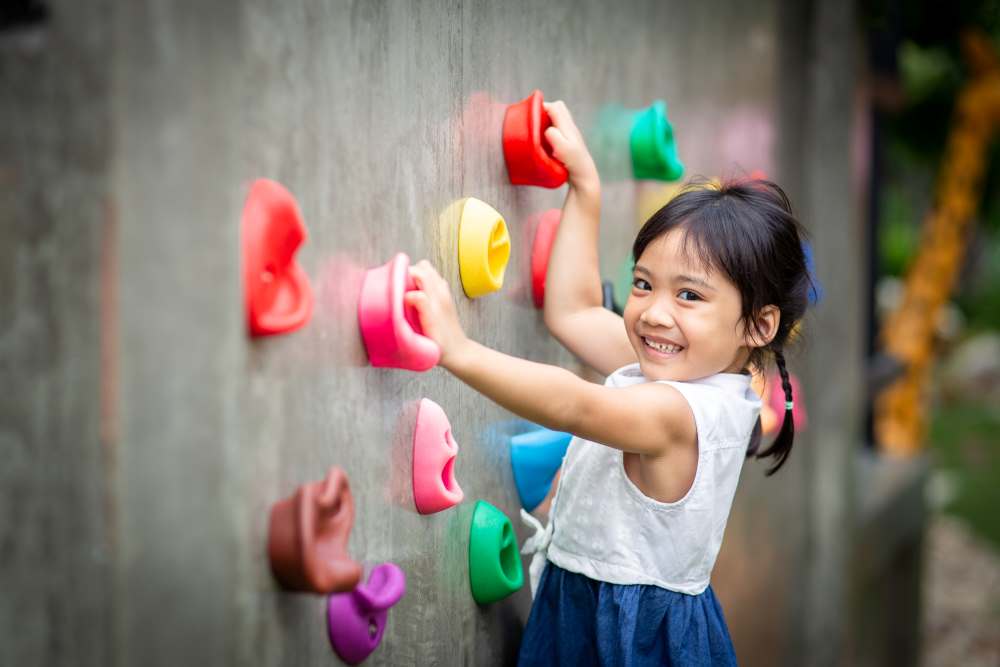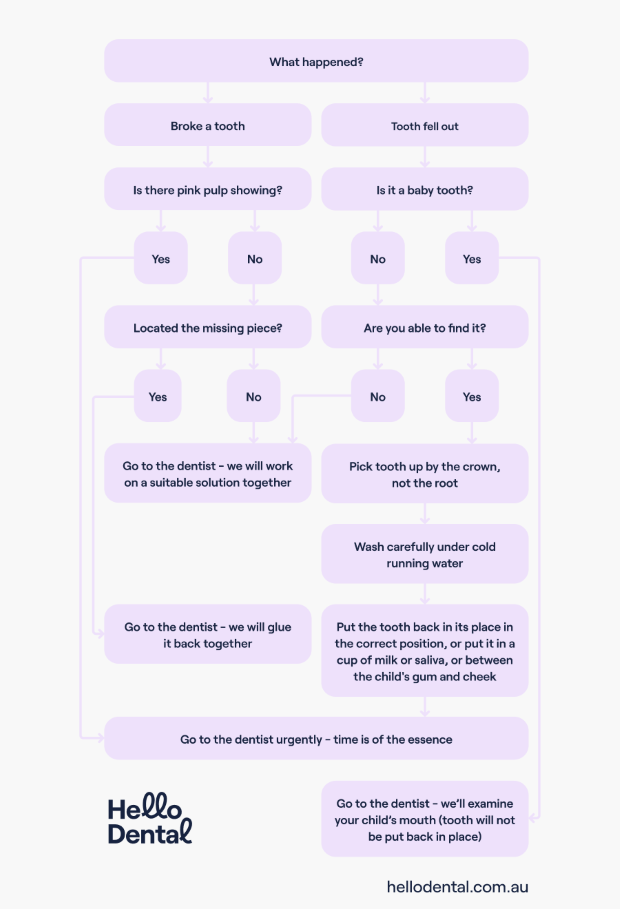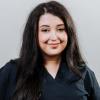
“Baby teeth don’t matter, right?” As dentists we overhear or are asked this a lot, and unfortunately it’s an incorrect assumption. How primary (baby) teeth are treated - especially during those early baby years, can have significant implications on your kid’s future permanent teeth. In fact, knocks to ‘little teeth’ - can cause ‘big teeth’ to present with white marks and deformities. This is especially the case when a ‘little tooth’ experiences intrusion (pushed inside the gum by a trauma) or avulsion (knocked out).
Preventative measures to avoid teeth trauma at each stage of childhood
Dentists don’t replace knocked out baby teeth, so from a cosmetic perspective, and more importantly - to ensure your child has healthy permanent teeth, our advice is to always try and prevent damage where you can. Yes, the old adage rings true here too: ‘prevention is better than cure’…
For babies:
-
Avoid baby walkers and slippery socks (fall hazards)
-
Although very cute, discourage them from bouncing while standing in their cot
-
Remove obstacles when your baby is learning to walk - this includes keeping excitable pets away
-
Keep your baby away from all stairs and ledges - even one stair or misstep can cause significant injury
-
Discourage mouth-hitting behaviours (i.e. bringing their toys or water bottles to their face)
For toddlers:
-
Teach them to play gently with toys and with others
-
Soft toys only - throwing objects for no rhyme or reason is a big thing at this little age
-
Teach them to wait for swings or playground equipment to stop completely before getting ‘on’ or ‘off’
-
Teach them to enter and exit swimming pools safely - slide in, not dive in, using safety rails and ladders
For kindergarten-aged kids and older:
-
Wear helmets when on wheels - this includes scooters, trikes, roller skates, regardless of how ‘stable’ or ‘experienced’ they appear (or tell you!) they are
-
Wear mouth protection when playing contact or ball sports - custom-fit mouthguards and face masks (hockey goalie) when appropriate
What to do following a fall or head clash and the tooth is retained:
It’s very simple - call your trusted family dentist immediately, as this will:
-
Increase the likelihood of the tooth being preserved as normal
-
Ensure a better and comparatively less invasive prognosis
-
Reduce future complications and higher costs
Tooth accident - more serious - the tooth is broken or lost. What now?

As you’ll experience throughout your parenting journey - accidents happen and not everything can be prevented - kids are meant to explore and challenge themselves, after all!
We’ve pulled together this handy flowchart, so you’ll know what steps to take if your child experiences an accident:
If you can get to a dentist within three hours (ideally 30 minutes) - this increases the chance of being able to reinstate a knocked out permanent tooth. If there is a significant amount of blood, or the child/adult is having difficulty breathing, please head to your hospital’s emergency department or call an ambulance.
Please note that kids aged between 7-10 are more likely to lose teeth following a trauma due to bone elasticity.
Also, once your child has received their treatment, it’s very important to maintain excellent oral hygiene and follow the dentist’s instructions for continued proper healing.
Exploring (e.g. walking through creeks on slippery, moss-covered stones, wading and looking through rock pools), adventures (tree climbing, hiking, playing outdoors), sports, and games of ‘tag’ are all part of growing up, and as parents or carers - we can’t eliminate all risks. What’s important here though, is knowing how to respond swiftly and effectively if/when an accident does occur. So - print and pop our flow chart up on your fridge for a handy reference!



























